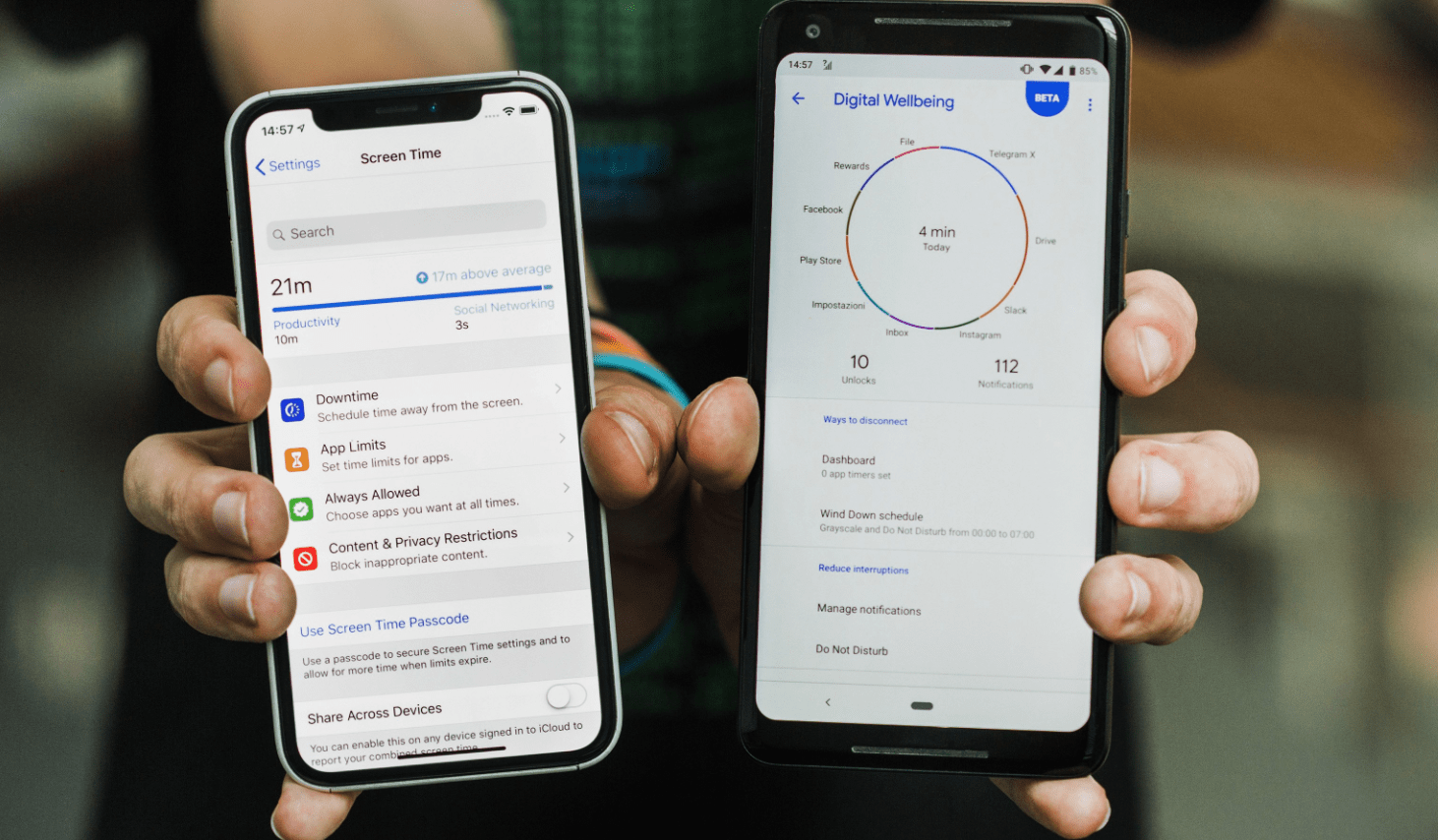When it comes to technology, there’s no greater divide than between Apple fanatics and Android aficionados. As the two largest mobile platforms, they have a combined market share of over 99%. Essentially, if you own a smartphone, you’re probably already using the iOS or Android platform.
However, this doesn’t necessarily mean that you’re using the best platforms for your needs. Although many people assume that the latest smartphones are all one and the same, nothing could be further from the truth. While they may have comparable features, there are significant differences between models and the two major operating systems.
To find out who comes out on top in 2020, take a look at this Android vs iOS roundup…
Compatibility
Chances are you own other tech devices and, if so, you’ll want to ensure it’s easy to connect your new smartphone to your existing setup. If you’re already an avid Mac user, you have the latest iPad or you’re currently wearing an Apple Watch, you’ll have no problems adding the latest iPhone into the mix.
However, if you use a Windows laptop, a Garmin fitness watch or a Lenovo tablet, you might want to think again. Sure, the iOS operating system on your smartphone should ensure compatibility with other non-Apple devices. But it isn’t always seamless. In fact, it can seem unnecessarily complicated, particularly compared to Android phones.
Removing or adding data to an Android-based smartphone can be as simple as ‘plug n play’. With Apple, however, the process is a little more restricted (and a lot more annoying). If you’re used to the convenience of Android connectivity, switching to iOS might come as a shock. On the other hand, if your tech devices all have a shiny Apple logo, you’ll find connectivity and compatibility a breeze.
Range of Phones
There’s no doubt about it – the Android platform offers a wider range of phones. What’s more, you’ll find Android smartphones in almost every price range, so they’re ideal if you’re on a budget. In contrast, newer iPhones are almost guaranteed to cost you a pretty penny. Fortunately, you can save some cash by selling your old iPhone when you upgrade. Despite this, you’ll still find a wider range of options if you’re happy with an Android device.
As you’re probably aware, the only smartphones the iOS operating system is present on are iPhones. When it comes to Android, however, you can take your pick from Samsung, Google, HTC, Moto, LG, Sony phones and many other brands. If you have your heart set on the latest device released by anyone other than Apple, you’re going to be using the Android platform (unless you fall in the 1% of smartphone users who rely on something other than Android or iOS).
Third-Party Apps
The ability to download and use third-party apps enhances your smartphone usage and enables you to turn it into your own bespoke, portable device. Whether you play the odd game of Candy Crush, want to edit 4K videos or need to brush up on your Spanish language skills, you’ll find an app that meets your needs.
Given the different platforms, however, Android and iOS apps differ quite significantly. While major brands typically release apps on both platforms, this doesn’t mean they offer the same features or functionality. In addition to this, some developers choose to release their apps on only one platform, which means you could miss out depending on what device you’re using.
Although both Android and iOS have a good range of apps, it’s generally accepted that Apple users are better catered for when it comes to access to top-quality third-party apps. The app development industry is largely geared towards the iOS system, so you’ll find many up and coming development teams focus primarily on the iOS platform.
iOS or Android: You decide
As technology continues to evolve, the loyalty of iOS fans and Android devotees only seems to grow. While some smartphone users are willing to stick with their chosen platform through thick and thin, there’s a substantial number of people who are prepared to make the switch depending on UX, features and compatibility.
If you fall into this category, your preferred platform is likely to depend on your existing range of tech devices and how you plan to use your smartphone. With both platforms offering lightning-fast speeds, simple usage options and amazing screen clarity, the ultimate winner when it comes to Android vs. iOS is….you.


